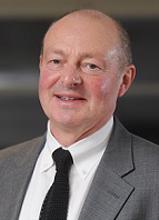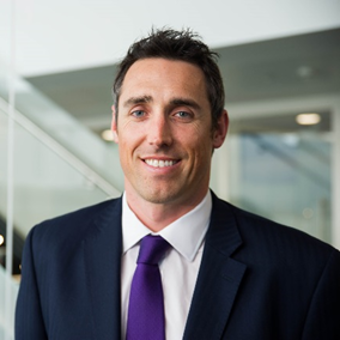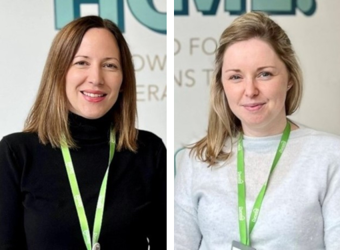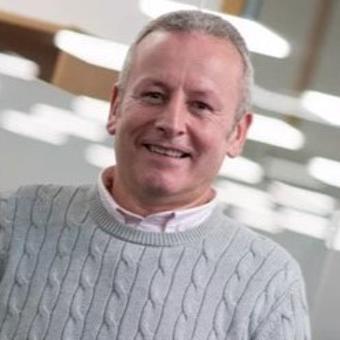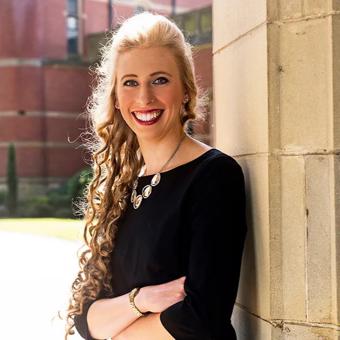Adrian Bland, partner and head of commercial real estate at Shakespeares, discusses his much publicised move from Wragge, the challenges he’s facing & the ‘North/ South divide’
What prompted the move to Shakespeares after more than a decade at Wragge?
Shakespeares has done brilliantly to assemble a platform for growth through a series of mergers in the teeth of recession. It’s no average law firm; it’s a dynamic ABS with planners and quantity surveyors in the team. Building on that now is an irresistible challenge and opportunity.
What has been your biggest highlight and biggest challenge so far?
My first few months here have mainly been focused on meeting people and learning about the business. The highlights have been meeting so many good people and discovering some sensational work for big name clients - Shakespeares has been hiding its light under a bushel! The main challenge has been synthesizing all the information which I have ‘hoovered up’ and turning it into a plan of campaign. That and remembering everyone’s names, of course!
What’s the reaction been like from your colleagues across the legal profession to the move?
Very positive. They’ve seen the entrepreneurial moves which Shakespeares has made, they know there’s fuel in the tank for more and how my experience at Eversheds and Wragges can add value.
Shakespeares’ property team has expanded significantly in the last three years so what are its main aims & objectives?
To provide clients with a strong, well-resourced and more cost-effective alternative to the larger, more established players. Adding value with the on-the-ground intelligence of our regional networks and the wider skill set of our ABS.
What strengths do you think you’ll bring to the team?
You really need to ask the others! My hope is to bring strategic insight, extensive market connections and in-depth experience of developing and integrating law firms at a national level. The team has already expanded so much over the last three years. I’m looking forward to realising the full potential of the team’s extensive resources.
What do you think 2015 has in store for the property sector – both in the Midlands and beyond?
The sector will be busier and more profitable than in 2014. This is due to the availability of capital. The regions outside the Capital will benefit as investors seek better returns outside an over-priced London. For instance, in the Urban Land Institute’s 2015 Emerging Trends Survey, Birmingham ranked sixth in Europe on investors’ shopping lists – the top UK ranking, ahead of London in 10th place. There are risks though such as the UK General Election result, the Russia / Ukraine threat and Ebola should it ever spread to Europe.
Where do you think the growth areas will be?
All forms of housing, logistics, city centre offices and hotels.
There’s been a lot of debate about the so called ‘North / South divide’. What are your thoughts on that, particularly from a property point of view?
The North / South divide is a real problem for the whole country which successive governments have failed to tackle. Dynamic cities like Birmingham and Nottingham have real momentum but their hands are often tied by central government. For the property sector, it means that money continues to pour into London but sophisticated investors seeking value head to the Midlands and North.
You’re also chairman of global real estate think tank Urban Land Institute in the Midlands and you sit on ULI’s UK executive committee. Can you tell us a bit about the organisation?
ULI is a global real estate think tank and a non-profit organisation with over 30,000 members in many countries. It represents the entire spectrum of the land use and development disciplines. It is not a lobby group. This means it is a great forum for the public and private sectors to meet, debate and collaborate.
What will be your main focus in terms of work over the coming years?
Developing the strategy, brand and profile of Shakespeares as well as bringing through the talented younger lawyers. There are some great succession opportunities for energetic and ambitious people. In terms of market segments, my main personal focus will be on development, regeneration and investment.
